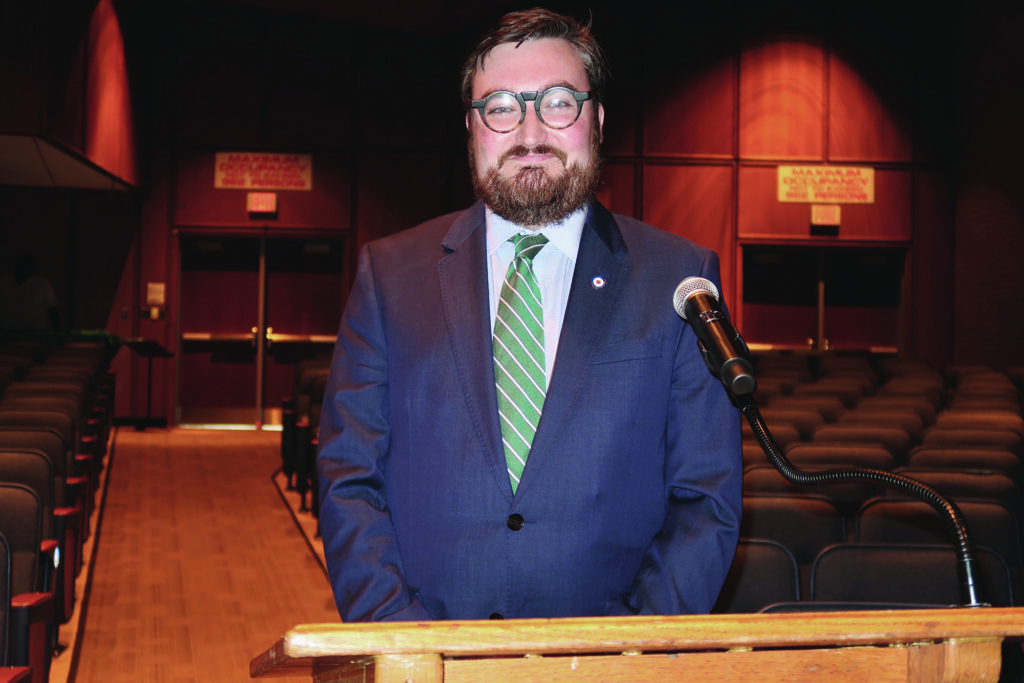Cesspools cited for bay pollution

TIM KELLY PHOTO
The Peconic baykeeper is calling for new regulations to require waterfront homeowners to update their cesspool systems, which he cites as a main source of pollution in local waterways, such as Cutchogue Harbor.
Suffolk County’s bays are polluted by nitrogen and one main reason is
the outdated household cesspools all around them, says Kevin
McAllister, head of the non-profit environmental advocacy group Peconic
Baykeeper.
A
little over a year after he released a report advocating the complete
shutdown of winter flounder fishing due to what he called dangerously
depleted stocks, Mr. McAllister recently distributed another “Baywatch”
report to lawmakers that focuses on nitrogen pollution in the bays.
“Cesspools
and runoff are problems that have been largely ignored on the
legislative front,” he said in an interview Monday. Pollution caused by
runoff has been addressed slowly by municipalities because of a mandate
from the Environmental Protection Agency under the Clean Water Act. But
underground cesspools are the “elephant in the room,” he said.
“It’s
a monumental problem which is very complex and costly to fix,” Mr.
McAllister said. “It’s easier for government to stay status quo and
ignore the problem.”
In older cesspools, septic tanks collect
solids, and the contaminated water flows onto a leaching pit and then
through the soil, which filters the water before it reaches
groundwater.
“During this process, soils act as a natural
filter, straining out much of the bacteria,” Mr. McAllister wrote in
his report. “Unfortunately, nitrogen, unlike bacteria, moves easily
through the soil, leaching into our groundwater and, ultimately, into
our rivers, ponds, and bays where it can trigger rapid water quality
decline.”
Mr. McAllister wants lawmakers to make it a priority
to require homeowners, especially those near the water, to update their
cesspools to systems such as the Ruck septic system. Ruck, a
Massachusets-based company, makes systems that separate washwater from
toilet water. The washwater flows directly into a septic tank and then
on to a leaching pit, but the toilet water flows through a separate
septic tank into a special filter with layers of sand and cloth before
reaching the leaching pit. The process is supposed to help with
de-nitrification of the water before it reaches groundwater, according
to Ruck’s website. This system costs about $7,200 to install for a
three-bedroom home, compared to about $4,600 for a traditional system.
Mr.
McAllister also wants the county to impose stricter rules for onsite
wastewater management. Many septic systems installed in the late ’70s
are not up to current septic codes, he added.
“Antiquated cesspools do little for de-nitrification,” he said.
The
Department of Environmental Conservation has placed Great South Bay and
Shinnecock Bay, both of which have had brown tide blooms linked to
elevated nitrogen levels, on the “impaired waters” list, according to
the report. Though waste from geese and other wildlife contributes to
pollution, Mr. McAllister said, septic issues are the bigger problem.
“This
is a very challenging and complex issue and won’t be fixed overnight,
but I encourage lawmakers to begin the steps to formulate regulations
as it relates to septics,” he said. “It comes down to political will.”
Nearby
states, such as Massachusetts and New Jersey, are leading the way on
wastewater management on both regulatory and technological fronts,
according to Mr. McAllister’s report. New Jersey, for example, requires
anyone with a cesspool to have at least 3.2 acres of land to adequately
dilute the nitrates. And if a property does not have that kind of
acreage, then the best available technologies in wastewater treatment
should be required, Mr. McAllister said.
Suffolk County
Legislator Ed Romaine, in an interview Tuesday, agreed that wastewater
management on the East End is in desperate need of reform. He said that
the Forge River in Mastic, once fertile and fish-filled and now
considered to be polluted beyond repair, is the poster child for the
need of reform.
“There are lots of houses on small lots, and
they all have cesspools,” Mr. Romaine said of the polluted river. “And
with the duck farm sitting there all those years, everything has a
cumulative effect, and the river starts to die.”
Mr. Romaine
said he is looking at different ways the county can begin cesspool
reform, such as requiring those with cesspools near water to pump put
every three or four years and to provide homeowners grants or tax
credits to upgrade outdated or failing septic systems. He is also
looking at what other jurisdictions are doing to improve wastewater
management.
“I was in Flanders just yesterday, and with all the
beach erosion, I saw a cesspool sticking out on the beach,” he said.
“Every time that guy flushes his toilet, you know exactly where it’s
going — right into the bay. Our waters are not getting any better. I
remember swimming in the Great South Bay as a kid, and that same clear
spot is murky today. We don’t want to wait for that tipping point when
it starts dying. Nitrogen levels clearly help contribute to that.”








